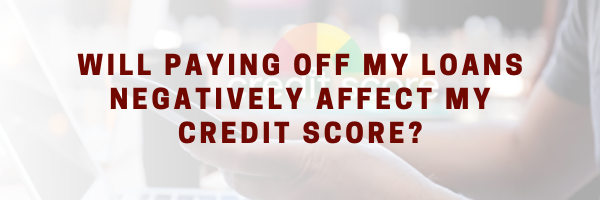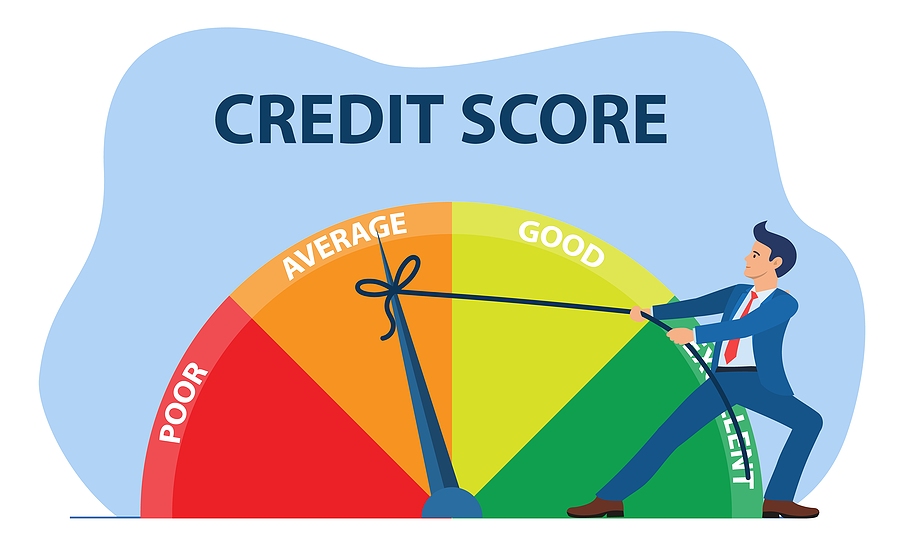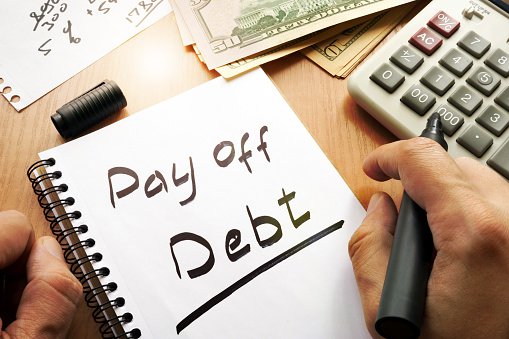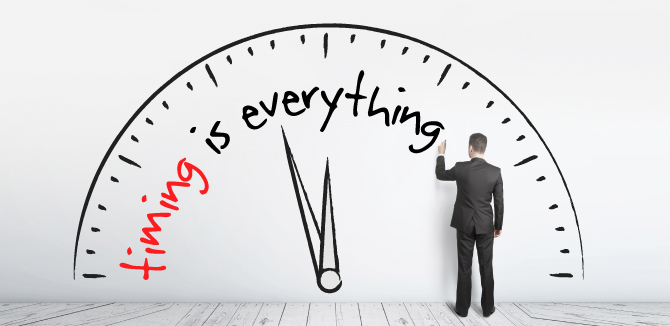

CONTACT US:
425-236-6777

By now pretty much everyone knows how important it is to maintain the best credit score possible. But so many myths surround scoring that it's sometimes difficult to pin down good practices, and it’s perfectly possible to accidentally make things worse while you're trying to make them better.

Credit Scores and Common Sense
Your credit report (a.k.a., credit history) is an electronic file—at the feast until it's printed our— containing a whole lot of information about your financial past. Your credit score is a three-digit figure calculated using chat information by highly sophisticated computer algorithms. On the whole, your score is likely to be a pretty accurate indicator of your creditworthiness, but those pesky algorithms can sometimes throw up some usually temporary—anomalies that seem to go against common sense.
One of these is that paying down and closing an account often results in a slight decrease in your score in the short term: maybe three months, according to VantageScore, one of the companies that builds scoring systems. That's because sudden, large changes—even good ones—in your financial circumstances are generally perceived as a sign of instability, at least until your continuing history shows it’s not.

Paying Down Debt Is Good
Once that three months (or whatever; different scoring systems may make that period a bit shorter or longer) is up, your score could well bounce back to a Higher figure than before you closed your account. However, that's likely to depend on other items in your report.
Even if you were lucky enough to be able to completely eliminate all your debt, and closed all your accounts, it would still take a while for the impact of old issues, such as missed payments and defaults or bankruptcies, to fade away. Don’t misunderstand: paying down all or some of your borrowing should almost inevitably have a positive or very positive effect on your score in the medium and long term.
Don't misunderstand: paying down all or some of your borrowing should almost inevitably have a positive or very positive effect on your score in the medium and long term.
/cancel-credit-cards-56a6350e3df78cf7728bd67e.jpg)
Closing Accounts Can Hurt You
However, having no debt at all could create another issue: If you have no active credit accounts, credit bureaus have no transactions to record, and eventually, you could end up with no credit report and no credit score.
In addition, 30 percent of your FICO score is determined by credit utilization—or how much of your available credit you're using. If you owe $1,000 and your credit limits total $10,000, that’s a ten percent utilization ratio, which is good and helps your score. But if you close out $9,000 of your credit fines, your utilization jumps to 100 percent, which can be damaging to your score. So pay balances off, but don’t necessarily close the accounts.

Timing is Everything
It's a great idea to get your credit report looking as good as possible before you apply to open a major new account, such as a mortgage, auto loan, boat loan, or HELOC. Generally speaking, the higher your score, the lower the interest rate you're likely to be offered, and chat can make a huge difference to the coral cost of your borrowing when you're looking at big sums of money over years or even decades.
However, it's probably best to get to work on your credit report at least six months before making such an application. Because if you leave it until the last minute, you may find you're just making things worse. So be smart, plan ahead, get your financial ducks in a row, and seek the sound advice of your lender or financial advisor.
If you have any questions or comments, email me
at [email protected] and they will be included in the market update.
OR if you would like more information on our unique systems and programs, call us
at 425-236-6777 or visit our website www.GeorgeMoorhead.com
GEORGE MOORHEAD - Bentley Properties
[email protected]
Direct: 425-236-6777
14205 SE 36th St., Suite 100, Bellevue WA 98006
www.GeorgeMoorhead.com


